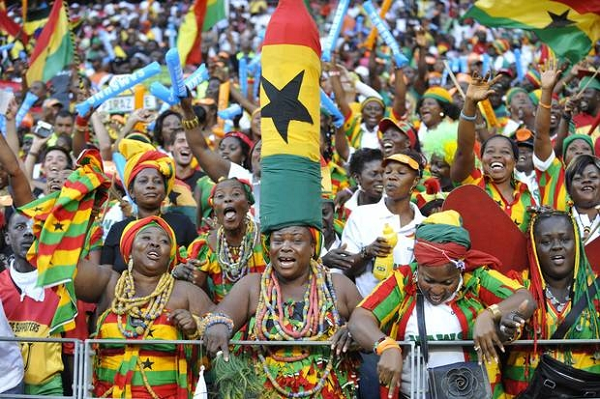
In pursuit of national unity
PRESIDENT Nana Addo Dankwa Akufo-Addo has urged Ghanaians to remain united as one people with a common purpose,and a firm stance to build prosperity.
Advertisement
Speaking at the 66th National Independence Day parade in Ho yesterday,the President noted that the founding fathers of the country were united in their firm resolve to attain independence for the country, irrespective of their tribe,religion or where they came from.
(See our front page story today).
This call is a good one especially when it is obvious that judging from the public utterances and discourse of some Ghanaians,we are taking for granted the unity we enjoy as a country. Instructively,a revered constitutional expert and statesman,Professor Nana Susubribi Krobea Boaten Asante,also underscored the importance of the country’s unity after 66 years of independence.
Speaking in an exclusive interview with the Daily Graphic which was published on the front page yesterday, he said the unity of the country was worth celebrating, especially as other countries had failed to achieve that after many years of existence.
In fact,one need not look further than the structure of the ensuing independent Ghana come to define the politics of that era; it also, at times, took a violent turn.
In the end,the unitary vision won over the rival federal vision of Ghanaian statehood.
A strong national consensus,at both elite and popular levels,has since formed around this founding unitary state model.
Official commitment to national unity is also evident in our nationality and citizenship laws.
Instructively,the very first bill to be introduced to the new Parliament of an Independent Ghana was the Ghana Nationality Bill,which became the Ghana NationalityAct (Act No.1) upon its passage in May 1957.
Under that law,the purpose and effect of which was to define organic membership in the newly sovereign political community called Ghana,birth citizenship of Ghana was conferred on anyone born before March 6,1957,among other requirements.
how there was a split among some countries after independence, mentioning India and Pakistan, Malaysia and Singapore, as well as the civil war in Nigeria for secession, commonly known as the ‘Biafra War’ that nearly tore that country apart, and Somalia which had become a failed state.
Ghana’s search for national unity has been a long and tortuous one which dates back to the very early days of our existence as a sovereign state.
In fact, in the period of late colonialism, as independence approached, our nationalist political class was divided over how best to construct and hold together the newly emerging state that was to be formed out of the four main territorial political divisions that had come to comprise the Gold Coast, namely the Gold Coast Colony, Ashanti, the Northern Territories, and Trans-Volta Togoland.
Not only did the factionalism within the nationalist class over competing visions of The 1992 Constitution, like each of the other democratic constitutions before it, contains numerous other very important formal commitments to national unity, all within the context of a multi-party
democracy.
Other national unity commitments may be found in the Human Rights Provisions of the Constitution.
Notably, Articles 17, clause (1) and (2) guarantee to all persons equality before the law and prohibit discrimination against any person on such grounds as gender, ethnic origin and religion,among others.
This judicious balancing of a commitment to interpersonal equality with a commitment to the promotion of intergroup equity finds further expression and reinforcement in various provisions of the Directive Principles of State Policy.
The upshot of these various national unity commitments enshrined in the Constitution is that, national cohesion is not a passively or naturally occurring state of affairs.
On the contrary, ensuring and safeguarding national unity requires deliberate and active intervention and management on the part of the state.
These constitutional provisions also recognize, importantly, that persistent intergroup and inter-regional disparities in the material bases and conditions of life pose a risk to national unity, hence the need for the state to take affirmative steps to address such imbalances.




